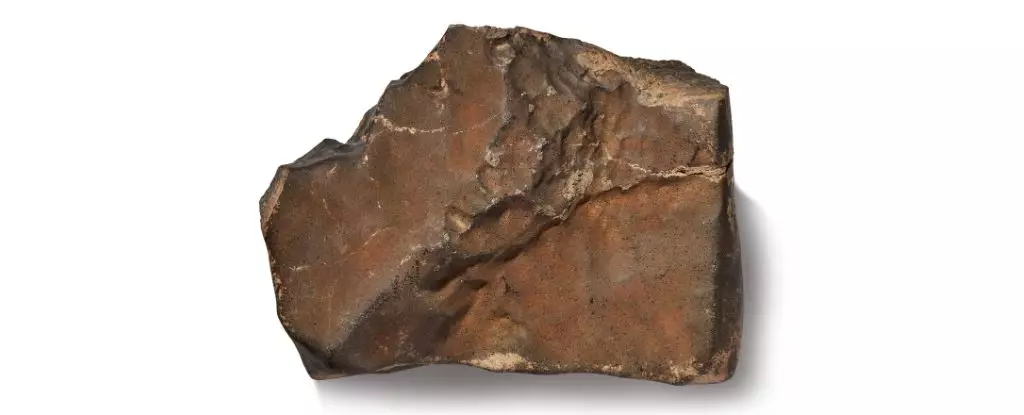The recent sale of the largest Martian meteorite on record has ignited a fierce debate about the intersection of scientific value and commercial greed. Weighing nearly 25 kilograms, the NWA-16788 meteorite fetched over five million dollars—an astronomical sum that underscores the rarity and desirability of extraterrestrial specimens. While some may see this as a testament to human curiosity and the insatiable quest for knowledge, a closer look reveals troubling questions about the commodification of our universe’s most precious remnants. Does the allure of profit overshadow the intrinsic importance of these celestial artifacts? Or does private ownership pave the way for better preservation and scientific exploration? These are the critical dilemmas we must confront.
Commercialization versus Scientific Responsibility
The sale of NWA-16788 exemplifies the burgeoning trend of turning extraordinary scientific specimens into luxury commodities. While auctions like Sotheby’s may boast about their ability to preserve and showcase such historic finds, critics argue that profiting from the universe’s natural marvels reduces them to mere assets in a high-stakes market. The scientific community’s sentiments are divided. Some researchers worry that these lunar-like treasures, with their potential to unlock secrets of planetary formation and the early solar system, could become inaccessible behind a price barrier. Others say that drawing private collectors into the fold could, paradoxically, enhance scientific research—if the new owners decide to share their findings. Yet, history suggests that such access is far from guaranteed when profit-driven motives are involved.
Ethical Implications of Keeping Cosmic Rarities Out of Public Domains
A profound ethical question arises: should these rare finds be hoarded by the wealthy or kept accessible to humanity? The object’s potential public value is immense; museums and universities could unleash valuable insights, inspiring generations and fostering a collective sense of wonder about our place in the cosmos. Detractors argue that alien rocks, like NWA-16788, transcend personal or national interests—they belong to humanity as a whole. Turning them into private trophies risks erasing the shared heritage of the universe’s history. The concern is that commercial sales may prevent broader scientific investigations and public education, rendering these cosmic gifts only available for the highest bidder. Such a scenario rewards elitism over enlightenment and distorts the collaborative spirit that has historically driven space exploration forward.
Is It Fair to Convert Space Rarities into Wealth Symbols?
Another uncomfortable reality is the widening gap between the wealthy and the rest of society when it comes to celestial treasures. The astronomical price tag attached to NWA-16788 seems detached from the average person’s reality. It reveals how space discoveries—an inherently public endeavor—are increasingly commodified into luxury collectibles. While this might fund further lunar and Martian research, it also risks exacerbating social inequalities by restricting access to objects that could inspire and educate. Should our universe’s marvels serve as status symbols? Or should they be prioritized as tools for collective progress? While some defend private ownership as a means of incentivizing discovery and preservation, the broader concern is whether the fundamental purpose of space exploration is being overshadowed by greed.
Who Holds the Responsibility Toward Humanity’s Cosmic Heritage?
Ultimately, the debate comes down to responsibility. Are we as custodians of space’s secrets prepared to accept that some of the universe’s most profound objects have become commodities? Or should there be a framework that ensures scientific and educational access remains paramount? The private sector’s involvement in celestial artifact trading highlights the urgent need for international consensus—perhaps through space treaties or regulations—that balances innovation, ethical considerations, and shared human heritage. The desire for wealth should not eclipse our collective obligation to preserve and understand the cosmos. As we stand at this crossroads, it’s worth pondering whether the pursuit of profit aligns with humanity’s lofty aspirations of exploration and enlightenment, or if it sidelines our responsibility to the universe and each other.


Leave a Reply